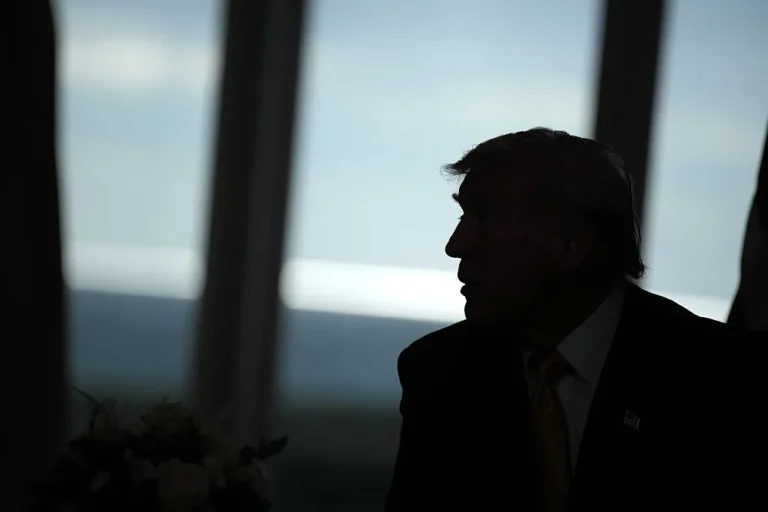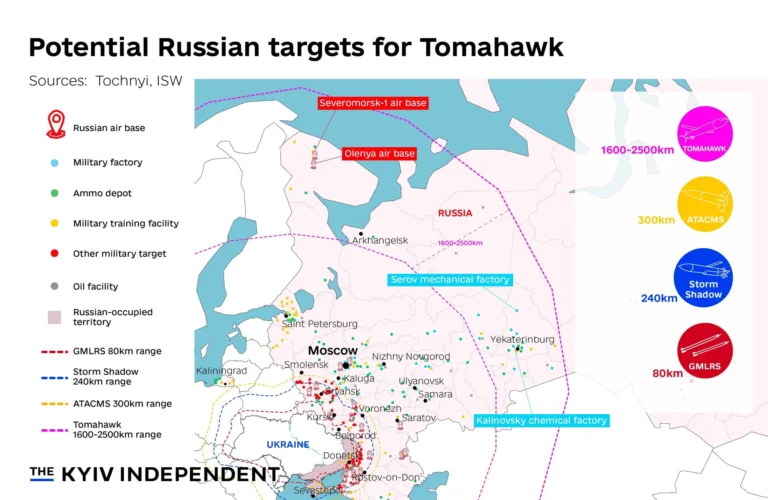
TOPSHOT - Russian President and presidential candidate Vladimir Putin meets with the media at his campaign headquarters in Moscow on March 18, 2024. (Photo by NATALIA KOLESNIKOVA / POOL / AFP) (Photo by NATALIA KOLESNIKOVA/POOL/AFP via Getty Images)
Since the full-scale invasion of Ukraine in 2022, the world has asked one urgent question: Has Vladimir Putin gone mad?
On the surface, his behavior suggests something has changed. From bizarre televised meetings where top officials nervously parrot his talking points, to speeches branding Ukraine’s government as a colony of the West, a den of drug addicts, and even neo-Nazis — Putin’s public appearances have grown darker, angrier, and more detached from reality.
But according to Russia expert Brian Taylor, this isn’t a sudden transformation — it’s a logical continuation of Putin’s long-held worldview.
Not Madness. Obsession.
Putin’s aggression isn’t new. What’s new is how fully he’s acting on ideas he has harbored for decades:
- Ukraine has never been a real country in Putin’s eyes. He once told U.S. President George W. Bush that Ukraine is “not even a state.”
- He views Western democracy as an existential threat to Russian stability — and Ukraine’s shift toward NATO and the EU as personal betrayal.
- Since the early 2000s, he has raged against the West, accusing the U.S. of trying to dismember Russia, steal its resources, and humiliate it globally.
- In 2007, he compared the U.S. to Nazi Germany. By 2014, he said the West would only be satisfied if Russia gave up its army, land, and identity.
Putin has always used language soaked in paranoia and historical grievance. His rhetoric may sound unhinged, but it reflects a consistent belief: the West wants to see Russia weak, and only strength — military, cultural, and political — can protect the nation.
The Bunker Presidency
What’s changed is the shrinking of Putin’s inner circle. Since the pandemic, his “bunker presidency” has cut him off from critical voices, leaving only loyalists and hardliners. His decisions are less pragmatic and more emotional.
Where once he balanced interests among security services, oligarchs, and technocrats, today his rule is more personal — and more dangerous. Constitutional changes in 2020 now allow him to rule until 2036. With no real checks on his power, he’s no longer playing by anyone’s rules but his own.
The Final Gamble
Putin’s war on Ukraine isn’t a sudden snap. It’s the culmination of years of resentment, revisionism, and fear of losing control over Russia’s post-Soviet sphere. What makes this moment more volatile is that Putin sees the West’s response — sanctions, support for Ukraine — as proof of his long-standing beliefs: that the U.S. and its allies want to destroy Russia.
He’s not acting irrationally in his own eyes. He believes he’s defending Russia’s future, its greatness, and its right to dominate its neighbors.
That belief, not madness, is what makes him so dangerous.






